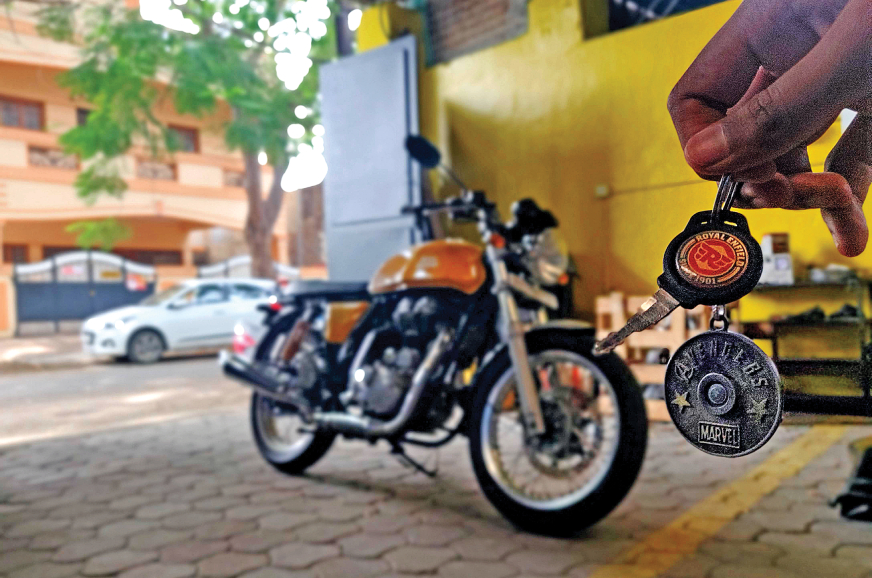
When deciding whether to buy a used car from a dealership or a private seller, it’s important to weigh the pros and cons of each option. Both have their advantages and potential drawbacks, depending on your preferences and needs. Here’s a breakdown to help guide your decision:
Buying from a Dealership
Pros:
- More Financing Options
- Dealerships typically offer financing options, including loans through their partnered banks or credit institutions. This can be convenient if you need help with financing or prefer a simpler process.
- Certified Pre-Owned Vehicles (CPO)
- Many dealerships offer Certified Pre-Owned (CPO) vehicles, which undergo thorough inspections and come with warranties. These cars are typically newer, well-maintained, and come with added peace of mind.
- Warranty and Protection Plans
- Dealerships often offer warranties, extended warranties, and service contracts for used cars. This can provide extra protection against unexpected repairs after purchase.
- Trust and Legitimacy
- Dealerships are regulated and licensed, which can provide more assurance regarding the vehicle’s history and legality. Dealerships are required to disclose any known issues and provide accurate paperwork, reducing the chances of fraud.
- Return Policies and Trade-In Options
- Some dealerships offer limited return policies or exchanges, giving you more flexibility if the car doesn’t meet your expectations. They may also accept your old car as a trade-in, simplifying the buying process.
- Inspection and Reconditioning
- Dealerships typically inspect, repair, and detail used cars before listing them for sale, which can help ensure the car is in better condition than some private-sale options.
Cons:
- Higher Prices
- Dealerships tend to price their cars higher than private sellers, as they factor in overhead costs, warranties, and the convenience of financing. You may pay more for the same vehicle at a dealership.
- Aggressive Sales Tactics
- Some dealerships may use aggressive sales techniques, which could lead to pressure during negotiations or push you toward upselling on add-ons, warranties, or insurance plans that you might not need.
- Limited Negotiation Room
- While you can negotiate, dealerships often have less flexibility on price than private sellers due to their overhead costs and pricing structures.
- Fewer Vehicle Choices
- While dealerships often carry a large inventory, the selection is still limited to the vehicles they have on hand, which might not offer the exact make or model you’re looking for.
Buying from a Private Seller
Pros:
- Lower Prices
- Private sellers typically offer lower prices than dealerships because they don’t have the same overhead costs. The car is usually priced closer to its market value, which can lead to a better deal.
- Room for Negotiation
- Private sellers are often more willing to negotiate the price, and you might be able to secure a lower price through haggling, especially if you’re knowledgeable about the vehicle and market value.
- Less Pressure
- Without the sales tactics of a dealership, buying from a private seller can be a more relaxed experience, allowing you to take your time and make your decision without feeling rushed.
- More Flexible Options
- You may find more unique or rare models, as private sellers aren’t limited to what a dealership chooses to stock. There’s also more variety in age and condition, potentially giving you more choices.
- Complete History Transparency
- If the owner is honest, you might get a better sense of the vehicle’s history and how well it was maintained. Some private sellers are more open to sharing the car’s full history, including maintenance records, accidents, or modifications.
Cons:
- No Warranty
- Private sellers usually sell vehicles “as-is,” which means there’s no warranty or protection plan. If the car develops issues after purchase, you’re responsible for repairs. This can be a significant risk if the car has hidden problems.
- Risk of Fraud
- Private sales can carry the risk of fraud or hidden damage. Some sellers might hide issues or provide inaccurate information about the car’s history. It’s essential to thoroughly check the vehicle’s title, history, and condition.
- Limited Financing Options
- Private sellers typically do not offer financing, so you’ll need to pay the full amount upfront or arrange financing through a bank or credit union on your own. This can be an inconvenience if you don’t have the full amount available.
- No Post-Sale Support
- If you run into issues after purchasing a car from a private seller, you won’t have a dealership to turn to for repairs or support. It’s up to you to handle any post-purchase problems, which can be stressful.
- Inconsistent Vehicle Condition
- While private sellers may take good care of their vehicles, some might not have kept up with regular maintenance, meaning the car could be in worse condition than a dealership’s offering. An independent mechanic should inspect the car before purchase to avoid surprises.
Which Option is Best for You?
- Choose a Dealership if you value convenience, financing options, warranties, and the added peace of mind from buying a vehicle that has been inspected and reconditioned. Dealerships are ideal for buyers who want a more straightforward, secure process.
- Choose a Private Seller if you’re looking for a more affordable option and don’t mind doing extra work to inspect the car, negotiate, and handle the transaction. Private sellers are a good option if you’re comfortable with the risks and have the knowledge to make an informed decision.
In both cases, it’s important to do your due diligence: check the vehicle’s history report, inspect the car thoroughly, and, if needed, have an independent mechanic conduct a pre-purchase inspection to avoid unexpected issues.



